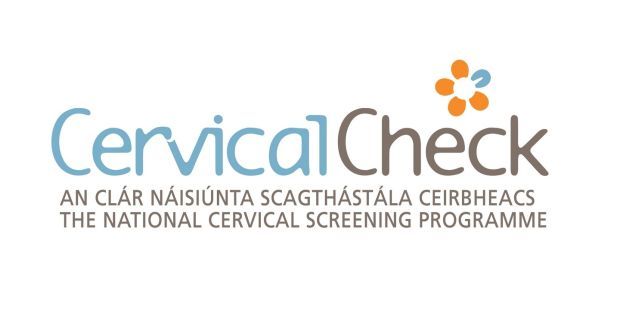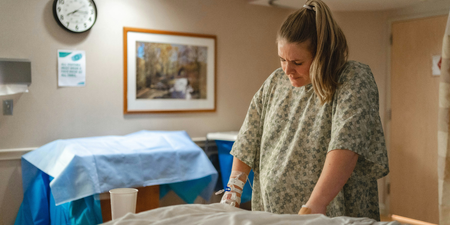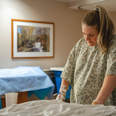Incorrect CervicalCheck letters were issued to 400 women, the HSE has confirmed.
The screening service issued 870 women with the same letter in recent days detailing that their HPV status remained negative.
Almost half of these women should have received a different letter indicating that their status was positive.
RTE reports that the error was due to a problem at CervicalCheck and not Quest Diagnostics, the US lab that the screening service uses to process its samples.
The 400 women are part of the initial group of 870 who did not receive their original test results. In some cases, these patients’ GPs were also not notified.
The HSE said that the 400 women who tested positive would have been aware of this following their earlier test.
This comes after an independent report into the CervicalCheck controversy found that over 3,000 women were affected by the recent failing.
The aforementioned 870 cases saw results not delivered to women or, in some instances, not delivered to their GPs.
The remaining 2,150 patients had results issued to their GPs but not to them directly.

Last month, the HSE issued an apology to the women affected by the IT issue. Out of the 800 initially thought to be affected by the problem, 52 had since tested positive for HPV.
The Rapid Review report, carried out by Professor Brian McCraith, found that the HSE underestimated the scale of the CervicalCheck controversy and there is “an absence of clear lines of authority and clarity of role responsibilities within CC.”
The report provided the HSE with nine recommendations, including adopting a ‘Women First’ approach to the screening service.
“A strengthened CC needs to adopt a ‘Women First’ approach as a matter of priority,” the report reads.
“This initiative will have a primary focus on the continuous flow of information to women, customer relationship management and trust-building measures.
“The feasibility of sample tracking at every stage of the process from woman to result should be pursued actively. Human resource needs to be dedicated solely to this ‘Women First’ approach.”
The report also suggests that the HSE “move quickly” to make the system a “well-structured, strongly-led organisation with good management practice and an active culture of risk management.”
You can find the rest of the report’s recommendations here.





















































